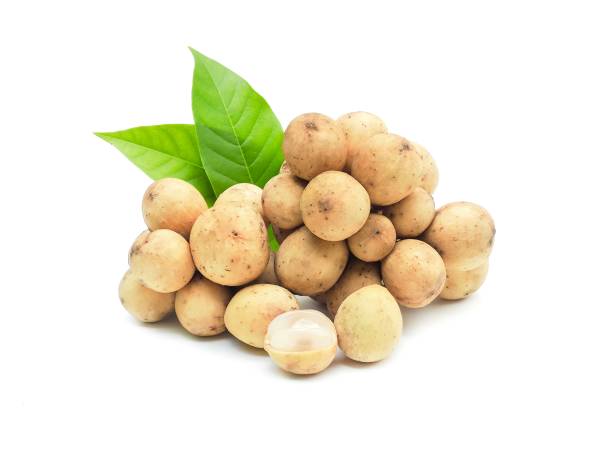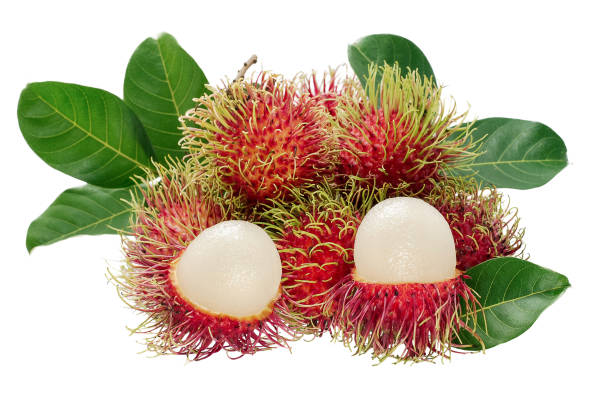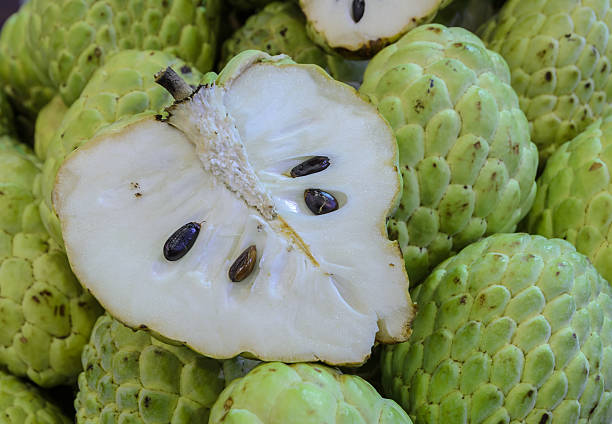In the orchards of temperate climates, the pear stands as a symbol of sweet elegance, offering a delicate flavor and a myriad of essential nutrients. Beyond its juicy and succulent taste, the pear unveils a nutritional profile that encompasses vitamins, dietary fiber, and antioxidants, making it a delightful addition to a balanced and health-conscious diet.
At the core of the pear’s nutritional composition is its rich content of dietary fiber. A medium-sized pear provides about 6 grams of fiber, contributing to digestive health. The soluble fiber in pears helps regulate blood sugar levels and lowers cholesterol, while the insoluble fiber adds bulk to stool, promoting regular bowel movements. The fiber content in pears adds not only to their nutritional value but also to their role in supporting gastrointestinal well-being.
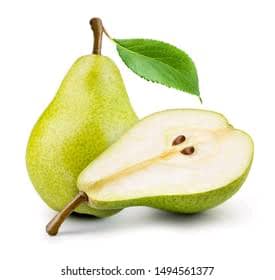
Pears are a good source of vitamin C, an antioxidant vitamin essential for immune function, collagen synthesis, and protection against oxidative stress. With every juicy bite of a ripe pear, one not only enjoys its natural sweetness but also benefits from a boost to the immune system and overall cellular protection.
Potassium, a vital mineral for heart health, is found in abundance in pears. This electrolyte helps regulate blood pressure, supports proper heart function, and contributes to cardiovascular well-being. The harmonious combination of potassium and fiber in pears positions them as a heart-friendly fruit that aligns with dietary recommendations for maintaining heart health.
Pears contain various antioxidants, including flavonoids and carotenoids, which contribute to their potential anti-inflammatory effects. These antioxidants, coupled with other nutrients, create a nutritional synergy that underscores the pear’s role not just as a sweet treat but also as a potential ally in promoting overall well-being.
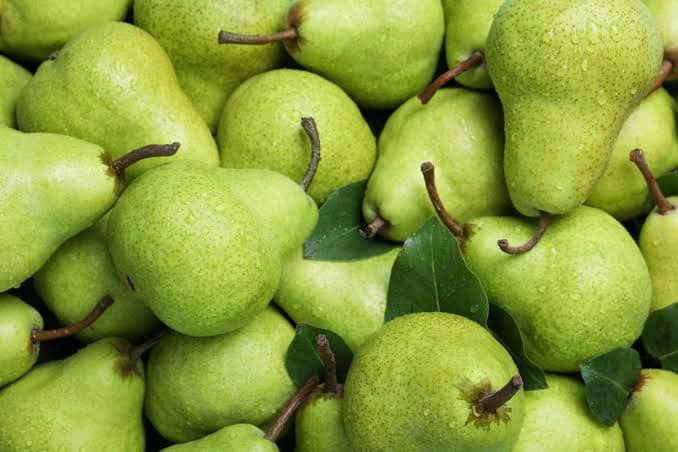
The natural sugars in pears, including fructose, come with the benefits of being accompanied by fiber. This combination provides a balanced sweetness that distinguishes pears from processed sugary snacks. Pears, therefore, offer a flavorful and healthful option for those seeking a satisfying and nutritious treat.
Research suggests that the consumption of pears may have benefits for weight management and metabolic health. The fiber content in pears contributes to a feeling of fullness, potentially aiding in weight control, while the natural sugars offer a sweet alternative for those with a preference for healthier snack choices.
In conclusion, the pear, with its sweet elegance and juicy allure, transcends its role as a simple fruit to emerge as a nutrient-packed delight. From fiber-rich goodness to immune-boosting vitamin C and heart-supportive potassium, pears offer a harmonious blend of essential nutrients. As we relish the sweetness of a ripe pear, we are not just enjoying a fruit; we are partaking in a natural bounty that gratifies both the palate and the body.

